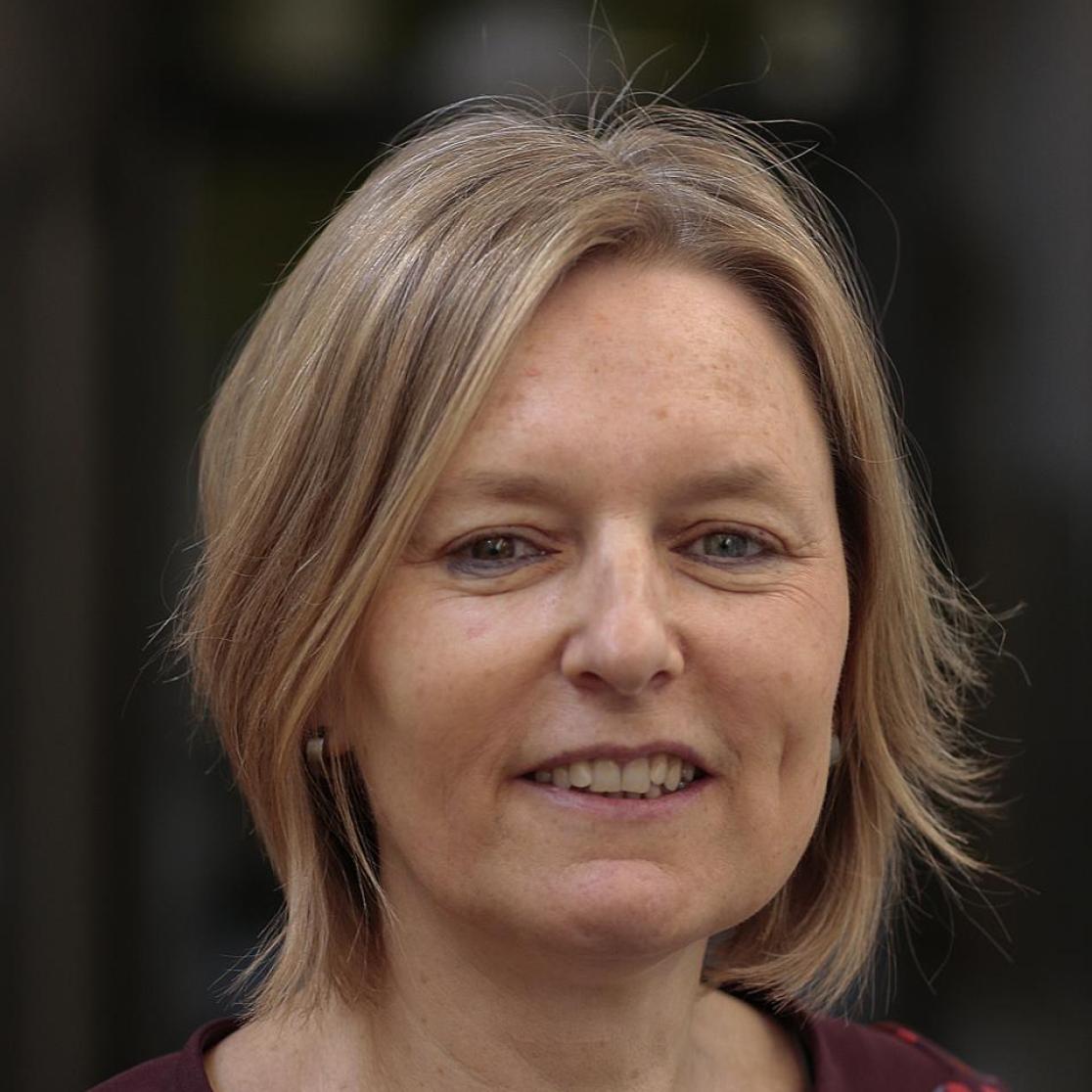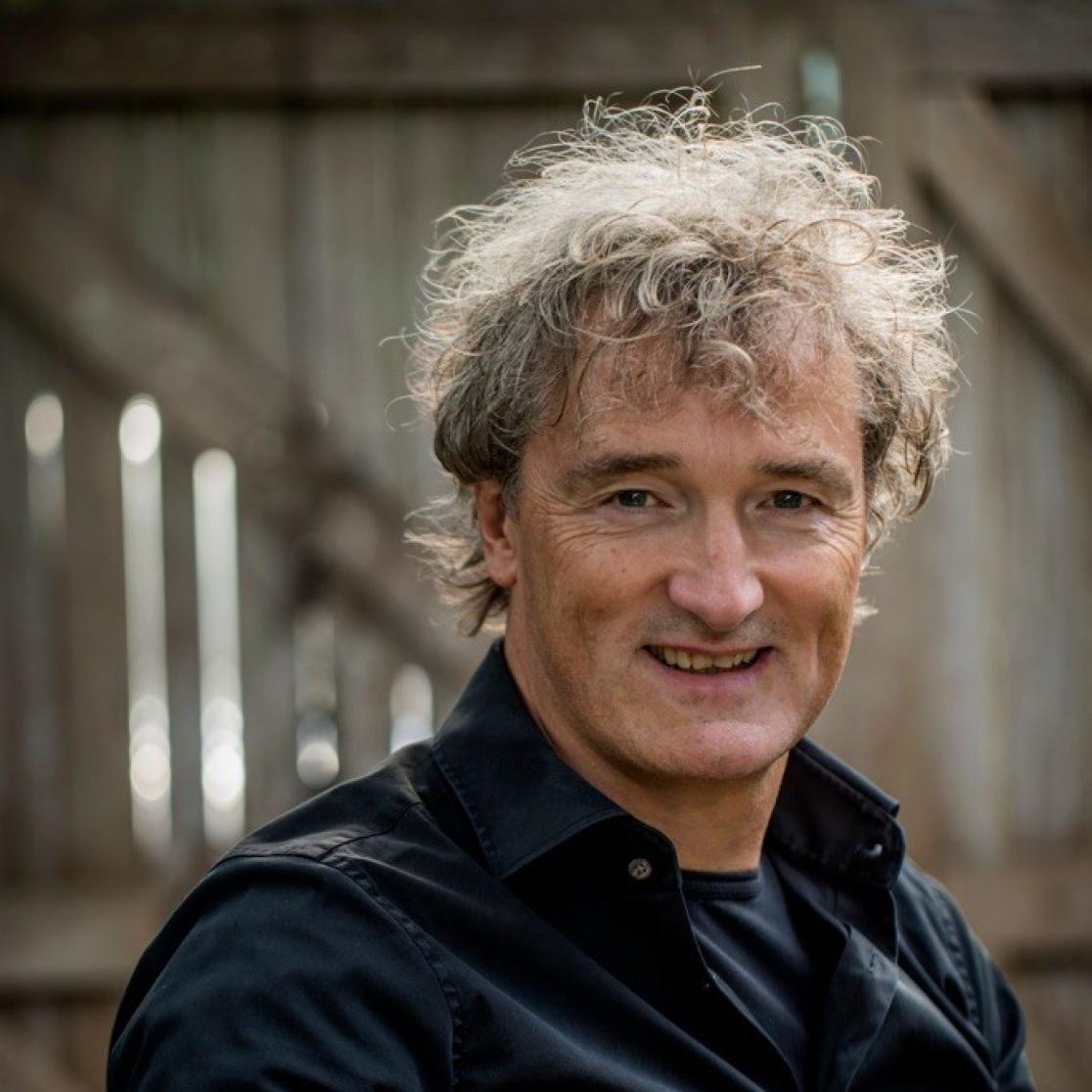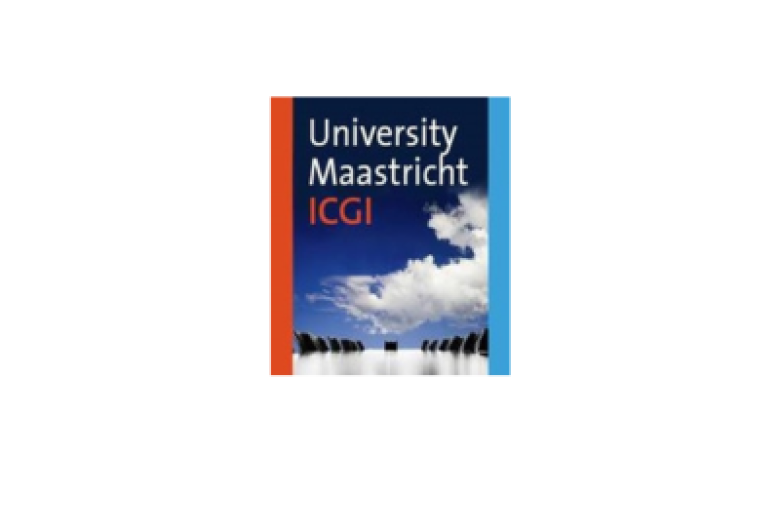Europe: arm(s) in arm
Europe’s plans to increase its military capacity are controversial; not so much the if as the how. Maastricht University professors Sophie Vanhoonacker and Rob Bauer differ in their views of how optimistic we can be.
Europe is rearming, which is frightening to many and exhilarating to some. Sophie Vanhoonacker, professor of Administrative Governance, explains how we got here. “Europe was a major stake in the Cold War. We lived under the Pax Americana,” she says, referring to the post-WWII period in which the US, as the dominant global superpower, played a leading role in maintaining international order. Europe, as both pawn and prize in a game of chess between Washington and Moscow, was assured of its defence by external powers. But in recent decades, some 220 US military installations have closed in Germany alone (although over 40 remain). We are now seeing the culmination of a gradual process of shifting priorities.
Shifting US priorities
“This hasn’t come out of the blue,” Vanhoonacker says. “Obama talked about a pivot to Asia as early as 2011.” And Trump’s disdain has been unambiguous. “It was already clear in the 1990s that Europe would have to do more to safeguard its own security. But the sense of urgency was limited and not much happened.”
Having never been a military alliance, the EU is reticent to change its identity. Vanhoonacker sees this as not only necessary but also long overdue. She concedes, however, that defence and security remain largely national affairs. “Defence and the military, even more than the currency, are important symbols of our national sovereignty.”
Broad consensus
The benevolence and protection of the US were foundational pillars of the European worldview; now President Trump free-associates about capturing Greenland by force. Meanwhile, the notion of Russian imperialism as quaint 1980s nostalgia has been turned on its head by the invasion of Ukraine. But the resulting sense of urgency is not felt uniformly across Europe. “Poland and the Baltic states are taking this very seriously; Spain and Italy less so.”
Nonetheless, Vanhoonacker continues, “There is a broad consensus that investment in defence is necessary.” It is critical that the money be invested wisely. “There’s a lot of inefficiency due to fragmentation. But I see this as a chance for greater European integration and hope there won’t be too much bickering.” That not all EU countries are in NATO, and not all European countries in the EU, only adds to the coordination challenges.

Sophie Vanhoonacker is professor of Administrative Governance and holds the Jean Monnet chair at the Faculty of Arts and Social Sciences.
Impulse purchases
Professor of Finance Rob Bauer agrees that a European army would be the best way to invest, but, like Vanhoonacker, he considers it unlikely. He is sceptical of decision making on the basis of Tagespolitik. “It’s just not possible to spend that kind of money in such a short period—wisely, or at all. European countries are now competing to get their orders in first, and everything will be much more expensive than it needs to be.” He adds that Europe is still largely dependent on the US when it comes to arms, digital infrastructure and cybersecurity.
“I think Trump pushing for us to spend more on defence is making a lot of money for US arms manufacturers. Decades of strategic underinvestment can’t be remedied overnight. For example, due to budgeting priorities and a lack of human resources, the Netherlands only recently managed to increase its defence spending to 2%.”
When it comes to financing, Bauer also worries about transparency. “Obviously the government makes the decisions, but the military and arms industry are influential. That’s why I’m afraid we’ll overshoot the mark. Is it really worth spending so much on the Russian threat?”
Who exactly pays?
This is, of course, ultimately a political question. But the classic left–right divide is no longer the best way of understanding party politics, Bauer says. “If you want to spend more on arms, you need to either increase taxes or reduce services. Neither option plays well with the base of far-right populists like Geert Wilders.”
Alternatively, the government could incentivise investment by private investors, such as pension funds. To Bauer, this is an ethical minefield. “We have to pay into the ABP [the Dutch pension fund for government and education employees –Ed.] and, even if it’s in our best financial interest—which is not a given—you have to wonder how many of us are happy for those contributions to be spent on war instead of, say, healthcare. I think for our democracy, transparency about the decision-making process is crucial from day one, not only a few years down the line after some parliamentary inquiry.”
Problematic priorities
Germany’s plan to increase defence spending to 5% of GDP—the NATO target—raised some eyebrows, especially after their frantic frugality left them snoozing through the digital revolution and let their infrastructure crumble into embarrassment.
“I understand the frustration of those who have been calling for years for greater investment in the energy transition and infrastructure,” says Vanhoonacker, “but the Russian invasion of Ukraine has raised public support of defence spending.”
“Sure, there are adverse effects of climate change and biodiversity loss,” adds Bauer, “but these are too abstract and psychologically distant to really trigger the population. Safety is just easier to sell.”
Text: Florian Raith

Rob Bauer is professor of Finance (Institutional Investors) at the School of Business and Economics. He also holds the Elverding Chair on Sustainable Business, Culture and Corporate Regulation.
Also read
-
Roundtable on Reflection Period
ICGI and the Elverding Chair organise a roundtable on 10 November 2025.

-
Book launch and professorship Anna Harris: The Matter of Hospitals
Hospitals are often seen through the lens of urgency, care, and crisis – but what about the materials that make them work?

-
DigiMach: Digital Transformation of the Machining Value Chain for Sustainable Growth
DigiMach is a transnational 3-year collaborative approach that will transform manufacturing across the Meuse-Rhine region by bringing AI, IoT, and robotics to small and medium-sized enterprises in the machining sector. The project will assist more than 150 SMEs to adopt smart, digital tools, through...
